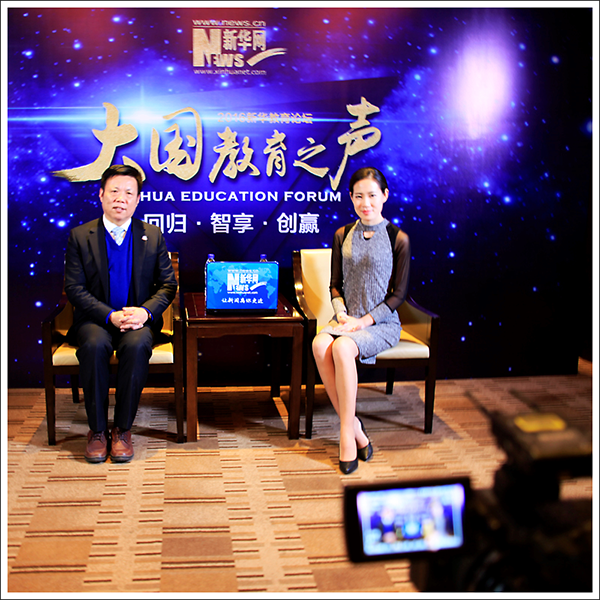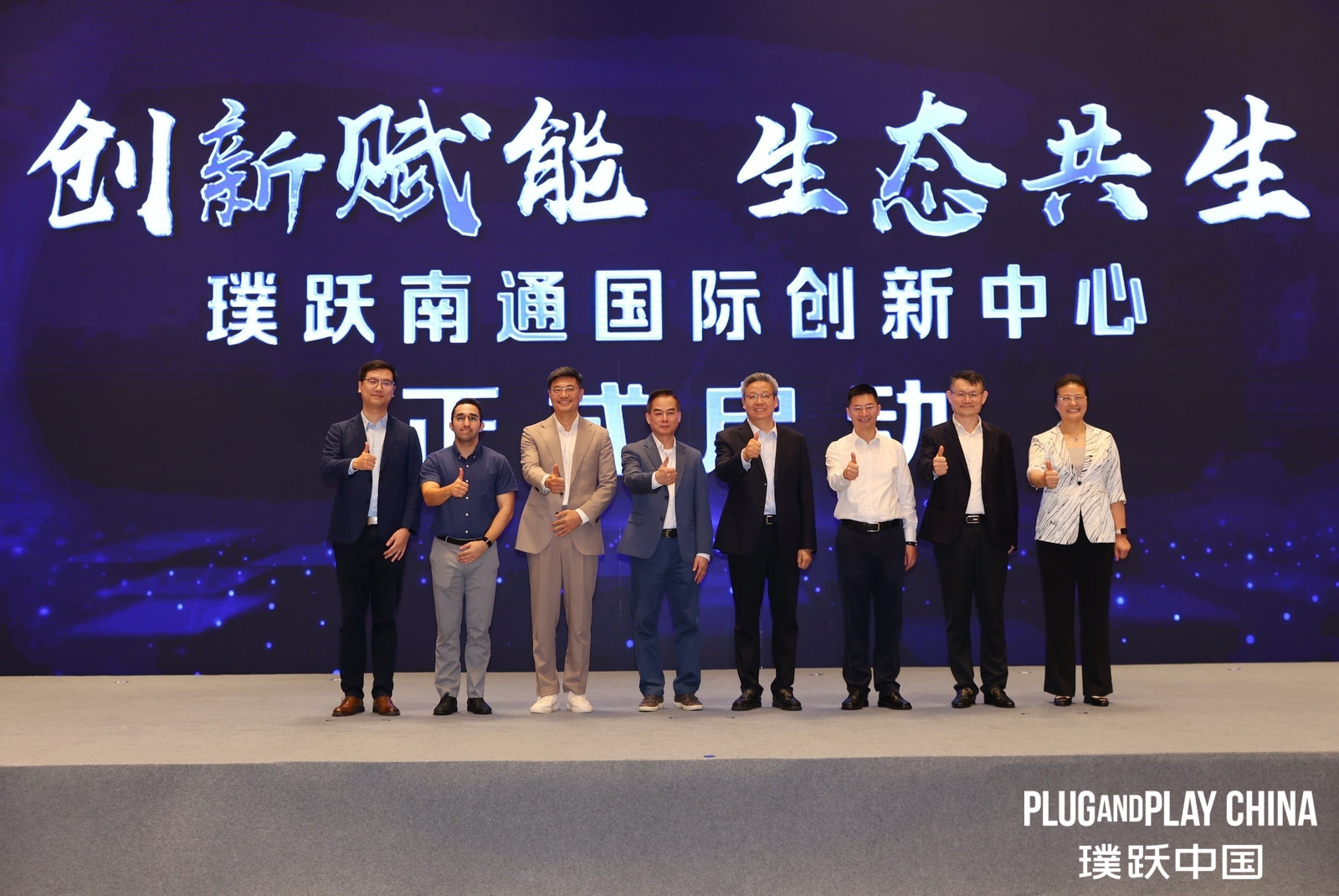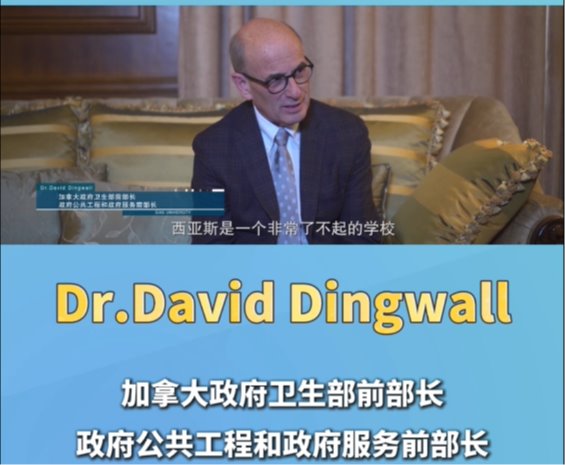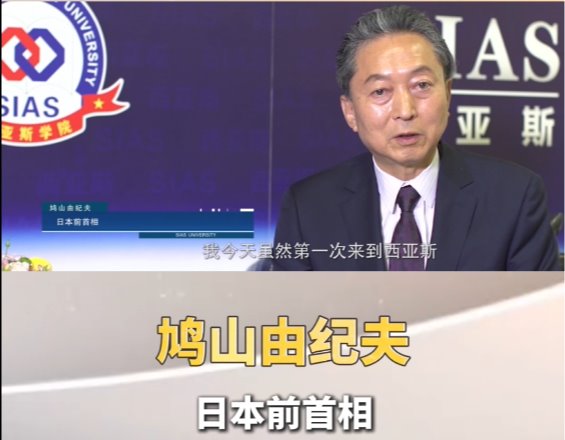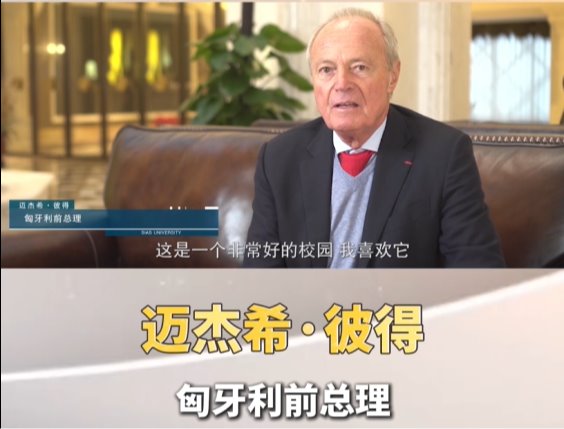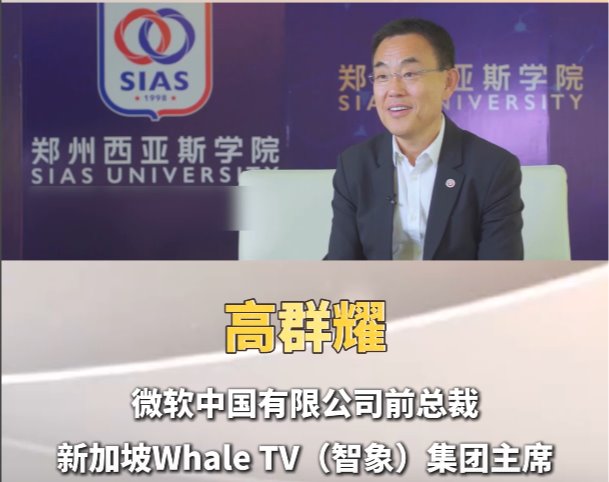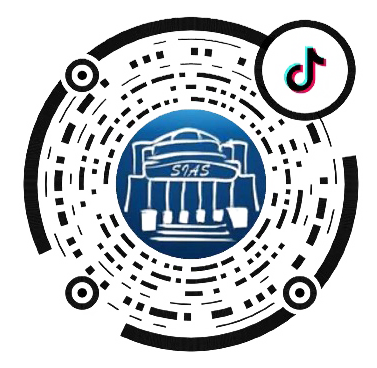Sias President, Dr. Chen Sikun, was interviewed at Xinhua News' 7th Education Forum in Beijing. The following is the translated transcript of the interview.
Host: Could you give us an introduction to Sias International University?
Chen Sikun: Sias International University was founded in 1998 in Henan province by the American-owned Sias Group, in association with Zhengzhou University and Fort Hays State University in Kansas, USA. Sias was approved by the Degree Committee of the State Council to grant both Chinese and American Bachelor's Degrees and is also fully accredited by China's Ministry of Education. Over the past 18 years, the university has experienced rapid development because of its concept of talent cultivation with the aid of advanced and unique methods, especially its internationalization of teaching. There has been a steady increase in its social reputation and influence, both inside and outside Henan province. Combining Chinese and Western education methods, Sias has made full use of the high-quality educational resources at its disposal and has combined knowledge and training with the ability and international education to produce a large number of skillful and internationally oriented students.
Host: Internationalization is increasingly recognized and sought after. At Sias International University, can students enjoy both a Chinese and Western education?
Chen Sikun: Actually, this is precisely the manifestation of the characteristics of the school. Internationalization in universities in China and the rest of the world has become an overwhelming trend, especially with regard to a diversified culture and global economic exchanges and fusion. Competition has become the new normal, especially with regard to continual development and how to overcome challenges. Competition between international higher education institutions has increased as the quality among universities has increased, and all those involved want to ensure their survival by promoting development and admitting quality students. Another dimension of growth is achieved by giving a platform for international cooperation and exchange by taking full advantage of quality educational resources at home and abroad, highlighting the international cooperation and competition, all the while standing strong, and laying the foundation for sustainable development.
For the past 18 years, Sias has embraced an 'East-meets-West' educational philosophy. Sias has made great efforts to reflect the characteristics of this internationalized model. First, with the educational philosophy in mind, every aspect, including the architectural style of each building, has been designed to enhance the environment for students so that they fully experience a multi-cultural environment. Secondly, the teachers at Sias are of a high level, many of whom are educated abroad. We also have over 130 foreign teachers amongst our faculty. This is a good example of the combination of Chinese features with an international vision that has helped nurture talent and has guaranteed a strong foundation for the future. Thirdly, the students at Sias are some of the best in the province. There are also opportunities for foreign students to study in China, especially students from Southeast Asia. There are over 230 students from 20 countries studying in Sias at the moment, both in degree-related and non-degree-related programs. Each year the number of international students has steadily increased at Sias and the goal is to increase the number of international students from 230 to over 1,000 by the year 2020. We aim to have a multi-cultural and multi-ethnic society that shares in innovation and development. Sias will take full advantage of provincial and national programs that aid in the strategic planning and implementation of this goal.
Host: Do you think that Sino-foreign cooperation, with regard to Chinese higher education institutions, has a role to play in the future?
Chen Sikun: Not long ago I participated in survey-based research in Henan province. The survey found that nearly 40% of parents either had children who had studied abroad or were willing to let their children study abroad and enjoy the combination of quality educational resources at home and abroad. Reflecting continued globalization, man's concept of the development of education has shown diversification and individualization. The demand for education is also diverse. The fact that 40% of parents wanted Chinese-foreign cooperation in their children's higher education shows that Sino-foreign cooperative education institutions have been widely recognized by the community as an advancement of higher education and that they have an irreplaceable and indispensable role to play to meet the diverse educational needs of the people.
The development of Chinese-foreign cooperation in running schools, since the introduction of new regulations in 2003, has grown from a small-scale into a large-scale phenomenon. The standardized evaluation and management have popularized this aspect of higher education to the point where the focus of colleges, local universities, and private educational institutions are actively participating in international cooperation. Sino-foreign cooperation in running educational institutions strengthens the foundations, provides stability, ushers in a new stage of development, and enhances efficiency. We are fully aware that if the level of quality of the university continually grows, the social benefits that increase the quality of students will be achieved.
The executive meeting of the State Council in October 2014 expanded the Sino-foreign cooperation in running schools with significant steps. In December 2015 there was a deep restructuring in several areas of education, building on the opening up of education in the past. The new steps emphasized a focus on the big picture, encouraging institutions to take the initiative, raise their standards with regard to content development, which would lead to the strengthening of international educational cooperation and exchanges. They were also encouraged to diversify the kinds of Sino-foreign cooperation across all levels of education. These colleges, public universities, and private institutions must keep pace with international standards of development in higher education and implement higher education's 'Troika' in China. In advanced international education, there is a new competition for excellence, and we must seriously think of ways to harness foreign cooperation as a platform to run our institutions so that we can upgrade ourselves to the international standard of competitiveness to attract a higher standard of domestic and international students by insisting on quality and development. This will lay the foundation for prolonged sustainable progress.
Host: Nowadays, many universities attach great importance to students' employment problems, taking a variety of measures to promote employment. What steps are Sias International University taking to help students get better jobs?
Chen Sikun: Sias International University has adopted three measures in order to better serve students and offer a platform for diversified employment.
First, from their enrollment to graduation, students are given an education in entrepreneurship with specialized courses that provide a consolidated view of professional thinking, and education for 2 or 3 years in professional development trends and career options to have adequate knowledge and understanding so that at the end of 4 years in the university they can set a target for their own detailed career plan. Sias has established systems with a solid foundation of knowledge, quality, and practical support, through which the establishment of entrepreneurship education and education for the students' future careers will lead to employment as well as the professional development needs of self-employment.
Second, the venture model created in Sias has provided multiple avenues for venture practice for students through the Sias-Amidi Incubation Center where students create their own venture projects, while Sias provides them with access to successful entrepreneurs who serve as guides and teachers, along with venture support funding and an Innovation Street on campus where students are provided with places to start their own businesses. Students are taught to increase their awareness and skills so they can exercise their experience and practice what they have learned. By the time they graduate, they are ready to stand out with the skills that they have acquired during their time in the university.
And finally, we have revised and improved personnel training programs. In the class setting, and with an increased number of internships students are able to receive real training and practice for which they also get credits for their coursework in a flexible form of education. Sias International University has signed agreements with Zhengzhou airport, the Zhengzhou Economic and Technological Development Zone (ETDZ), the Zhengzhou High-Tech Industrial Development Zone, the Chung Dong New District, as well as with over 100 listed enterprises, so that students have access to internship bases and employment, as well as access to not just learning skills in advanced research, but the practical application of these skills. In turn, they promote the university through their innovation on a national and local level for economic and social development. This is an investment by the university in the cultivation of talents at a university level through scientific and technological innovation, cultural exchanges, social services, and social responsibility.
